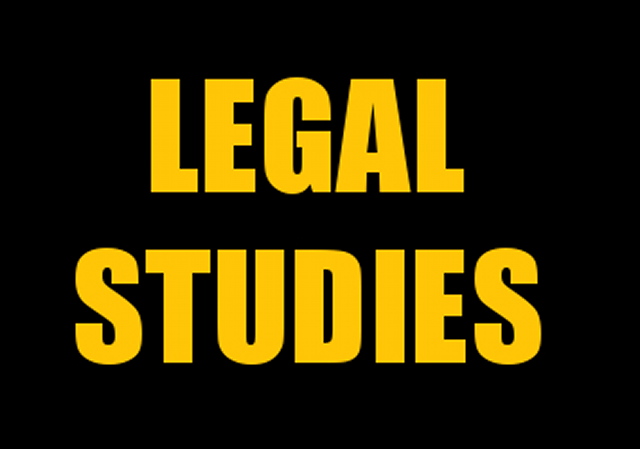Jewish Princeton Student Prosecuted for Filming Antisemitic Protests Found Not Guilty
“The defendant, in my opinion, showed poor judgment in a tense moment, but it does not rise to the level of criminal recklessness.”

It’s amazing that this guy was ever charged in the first place. Luckily, sanity prevailed in the end.
NOT GUILTY: Army veteran and Jewish Princeton senior @davidpiegaro has been found not guilty on the only remaining charge.
The case against David was unmistakably weak. For him to have had to undergo this nightmare for nearly a year for simply filming antisemitic protests is a… https://t.co/lM70CvfnKL
— Maximillian Meyer (@MaxDMeyer) April 1, 2025
The New York Times reports:
Princeton Senior, Accused of Assault During Protest, Is Found Not Guilty
Tension had been building at Princeton University as pro-Palestinian demonstrators occupied a white-columned, Greek Revival-style building at the center of campus and the police moved in. An angry crowd had surrounded a bus where two demonstrators were being held after officers led them out of the building.
“It was a tense time as there were hundreds of protesters that were attempting to interfere with lawful arrests,” reads a police report from that day, April 29, 2024.
David Piegaro, then a Princeton junior, was there filming with his phone. Mr. Piegaro says he was not one of the protesters, and he opposes much of their language and tactics. He described himself as a pro-Israel “citizen journalist” who was concerned by what he saw as the university’s insufficient response and wanted to bear witness by recording.
By nightfall, he was one of more than a dozen students charged with wrongdoing at the elite New Jersey school. He joined the roughly 3,100 people arrested or detained last spring on campuses across the country amid a wave of student activism over the war in Gaza.
Trespassing charges are pending against the pro-Palestinian protesters arrested at Princeton that day. But Mr. Piegaro, who was charged with assaulting a police officer after he was blocked from entering a campus building, was the first person to go to trial. On Tuesday, the Princeton Municipal Court judge who presided over Mr. Piegaro’s two-day trial in February found him not guilty.
“Incidentally colliding with an outstretched arm may have been unwise, or even defiant, but it does not amount to reckless disregard,” the judge, John F. McCarthy III, said as he announced the verdict.
“The defendant, in my opinion, showed poor judgment in a tense moment, but it does not rise to the level of criminal recklessness.”
Donations tax deductible
to the full extent allowed by law.








Comments
he would be found guilty if they wanted to put him in front of one of their operative judges
He should sue Princeton for damages, for their failure to reign in protests.
Sorry for breaking out the fedora, but this one occurs here a couple times each week.
A person reins in a horse. A king reigns over a kingdom. Raindrops keep falling on my head,
Thank you.
I wonder how many of these errors are the result of using speech recognition on a phone.
I blame spell check.
A poor workman blames his tools. 😉
Hey, it’s not my tool. I don’t rely on it, precisely for that reason. But I believe the invention and widespread use of spell check in the last 40 years or so has led to a change in the kind of misspellings we see. You used to get a lot of non-words, and it was usually easy to see what word was meant. Spell check got rid of those, which is a good thing.
But people got used to running their work through spell check, fixing all the non-words that it found, and assuming that the resulting work was now free of typos. And so we saw the rise of the typo that uses a genuine word, but not the one that was intended. If ewe don’t proofread yore work yule never spot those. And if you don’t actually no the difference, because you’ve been reading two much materiel by others who maid the same era, then proofreading won’t help.
He has at least a colorable civil rights case against the police, since any reasonable police officer would have been on notice that he had a constitutional right to film regardless of how tense the situation was and that “incidentally colliding with an outstretched arm” does not justify an arrest. If the officer gets on the stand and says that he arrested him for any reason other than anger that the whole thing was being filmed, a jury might believe that as much as the all-purpose “the suspect was making furtive motions.”
There is no constitutional right to film on private property. Nor is there a right to enter a privately-owned building without the owner’s permission.
As I understand it he followed a group of people into a building, and the campus security chief blocked his way with an arm, and he tried to force his way through, so the chief arrested him for assaulting him. Technically the chief may well have been in the right, so if he were to sue, and thus the burden of proof were to swing to his side, a jury might find against him.